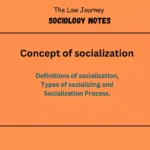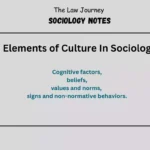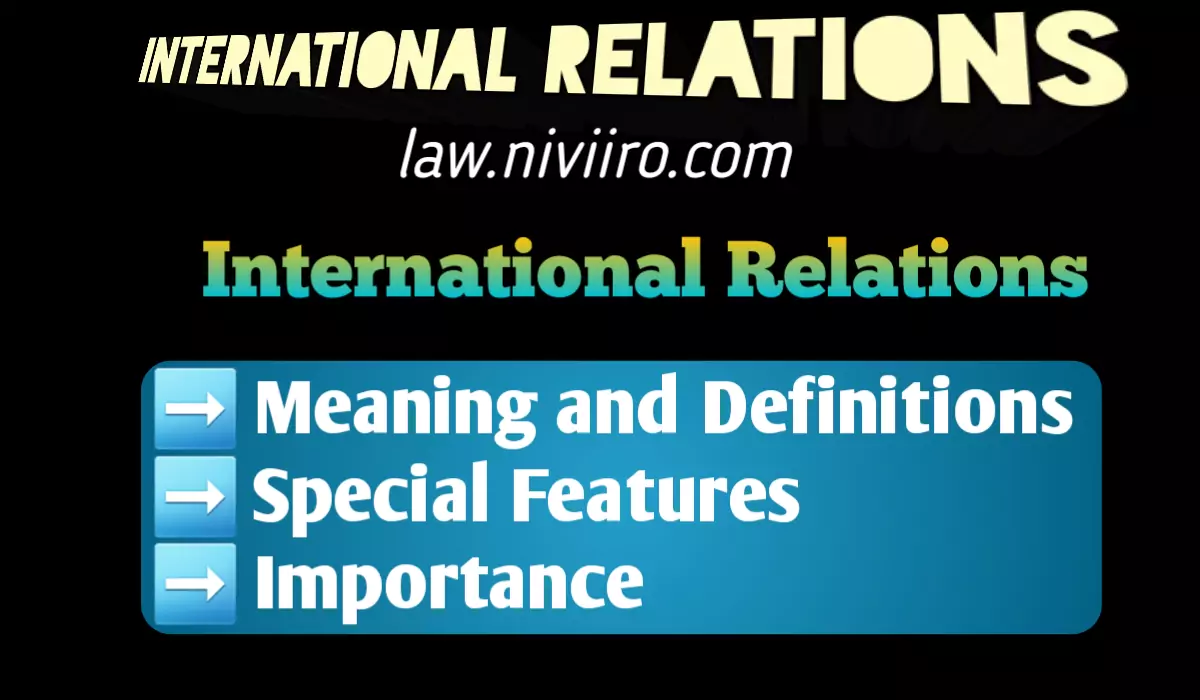
International Relations
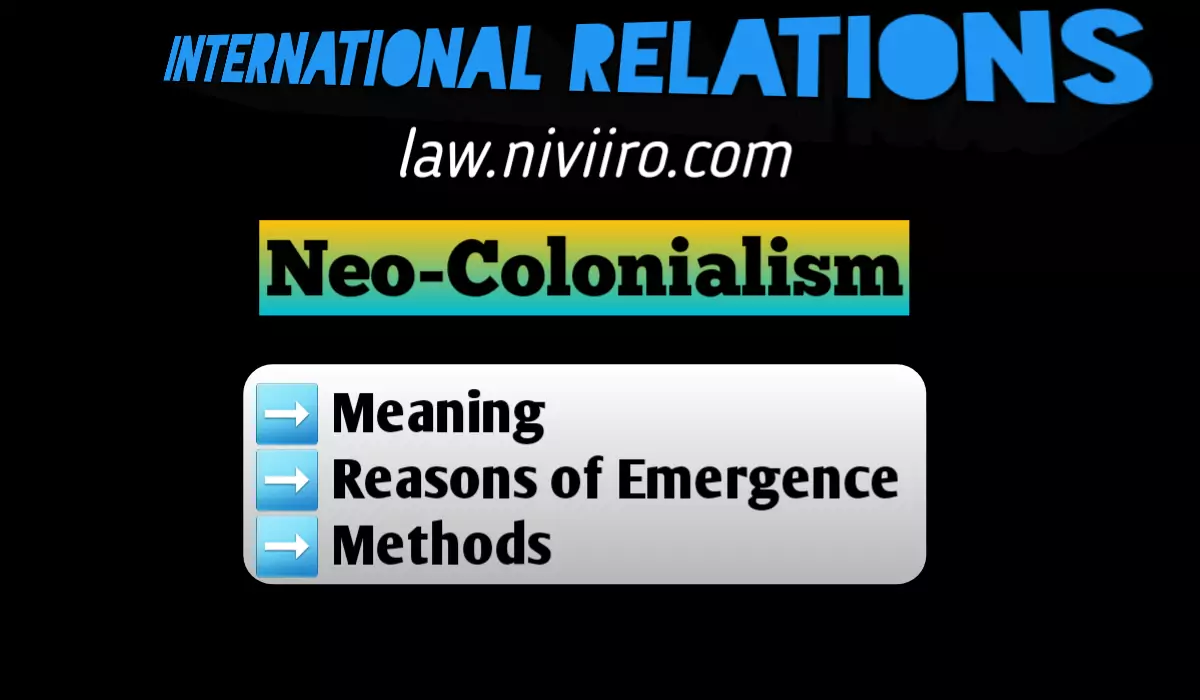
Neo-Colonialism – Meaning | Emergence | Methods
Neo-Colonialism : Although Classical (European) Colonialism, which persisted until the end of World War II, has diminished, it has reemerged in a new guise known as “neo-colonialism.” A few colonies were able to gain independence and were accepted as sovereign states in the UN during the post-World War II era. These states, however, were unable…
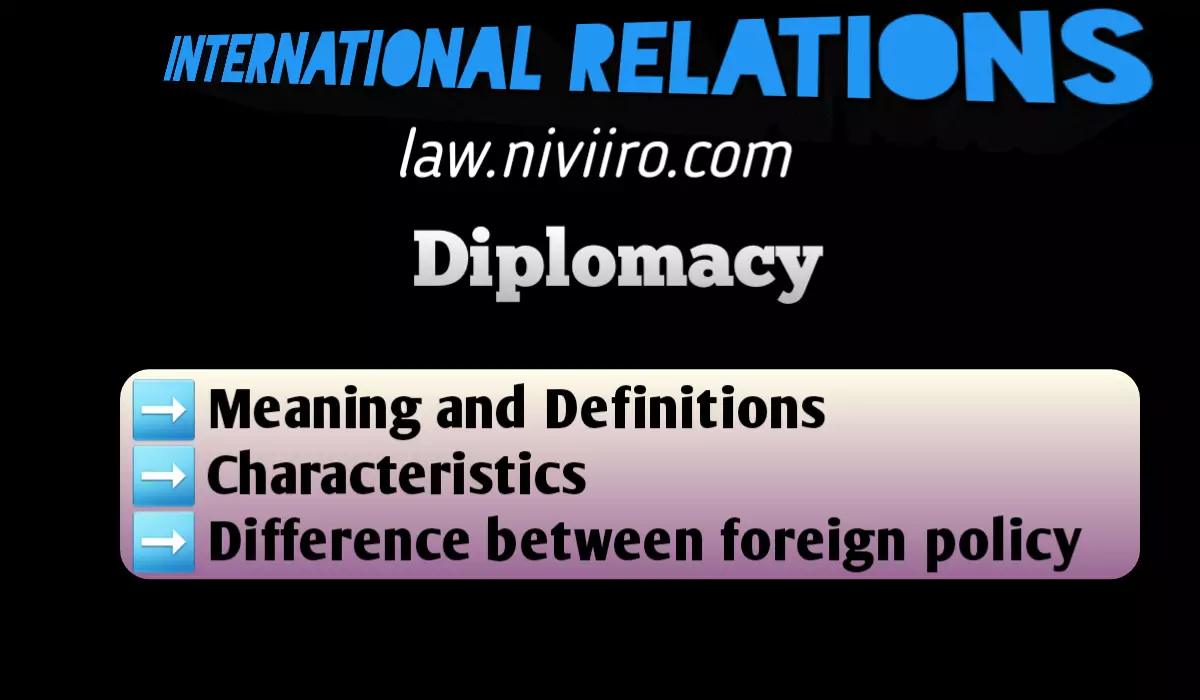
Diplomacy – Meaning | Definitions | Characteristics
Emergence of the word ‘Diplomacy’ The term ‘diplomacy’ has been derived from the Latin noun ‘diploma’ meaning a ‘double document’ or Greek Verb “diploun” which means “to told”. All passports, permits, and imperial letters of recommendation were stamped on twin metal plates, folded, and stitched together in a specific way throughout the Roman era. These…
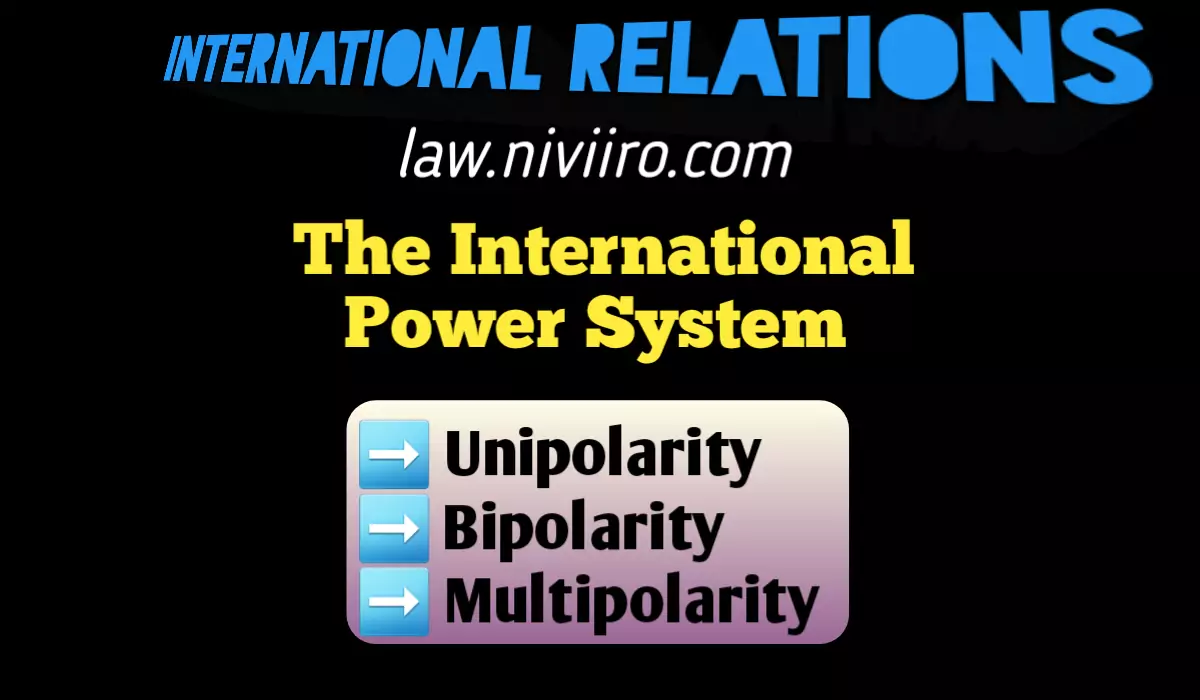
The International Power System : Unipolarity | Bipolarity and Multipolarity
The International Power System : The field of international relations introduces three international systems: unipolarity, bipolarity, and multipolarity, in light of the distribution of power among states. States’ hierarchical positions in the international system are determined by their relative power, which is the capacity to influence the behaviour of others. A unipolar system is demonstrated…
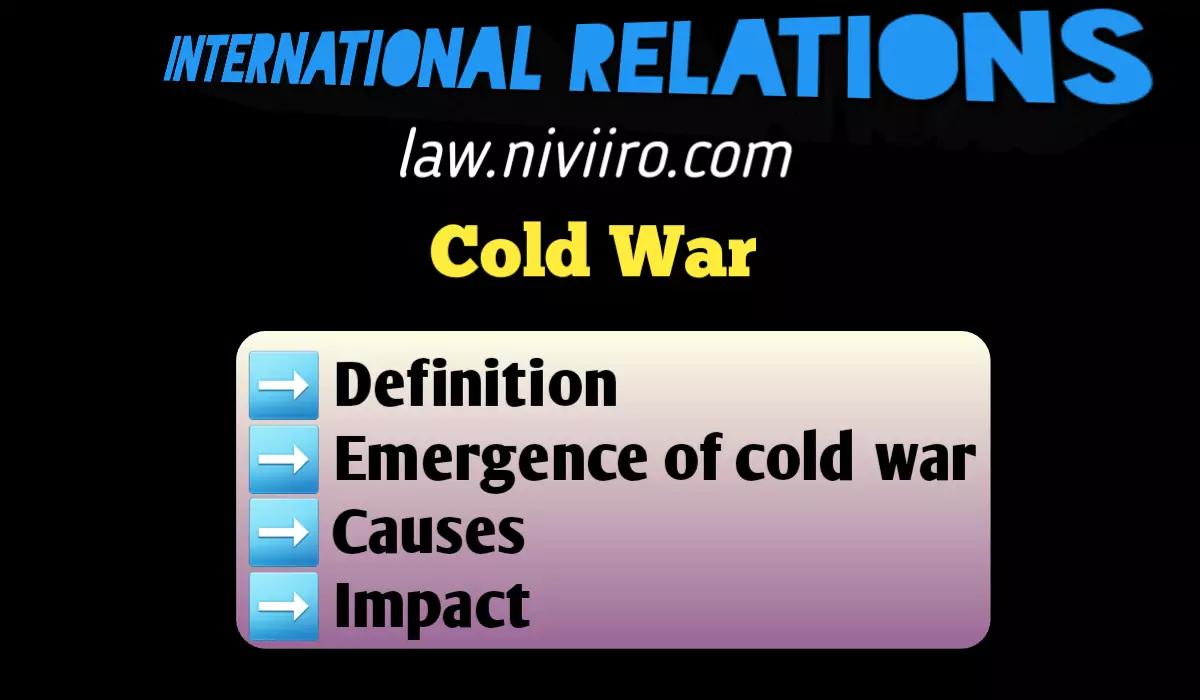
Emergence of Cold War | Causes | Impact
From the end of World War II in 1945 until the Soviet Union’s collapse in 1991, there was geopolitical tension between the United States and its NATO allies and the Soviet Union and its allies. Definitions of Cold War According to Phillip Windsor, “In a sense, indeed, the Cold War began in 1939, when the…
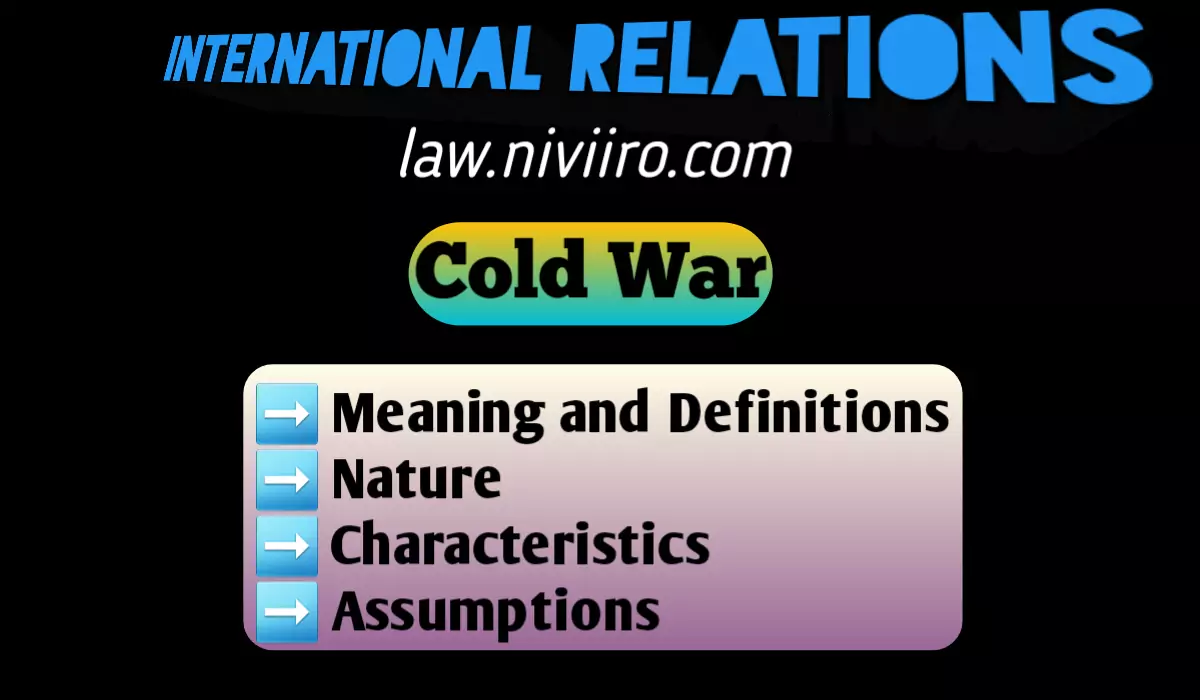
Cold War – Definitions | Nature | Characteristics
Introduction (Cold War) Like the First World War, the Second World War profoundly changed the global landscape. A non-European power—the USA—became a deciding force in world politics for the first time in the history of international relations. The USA and the USSR both become major nations. Due to their ability to act, meddle, and move…
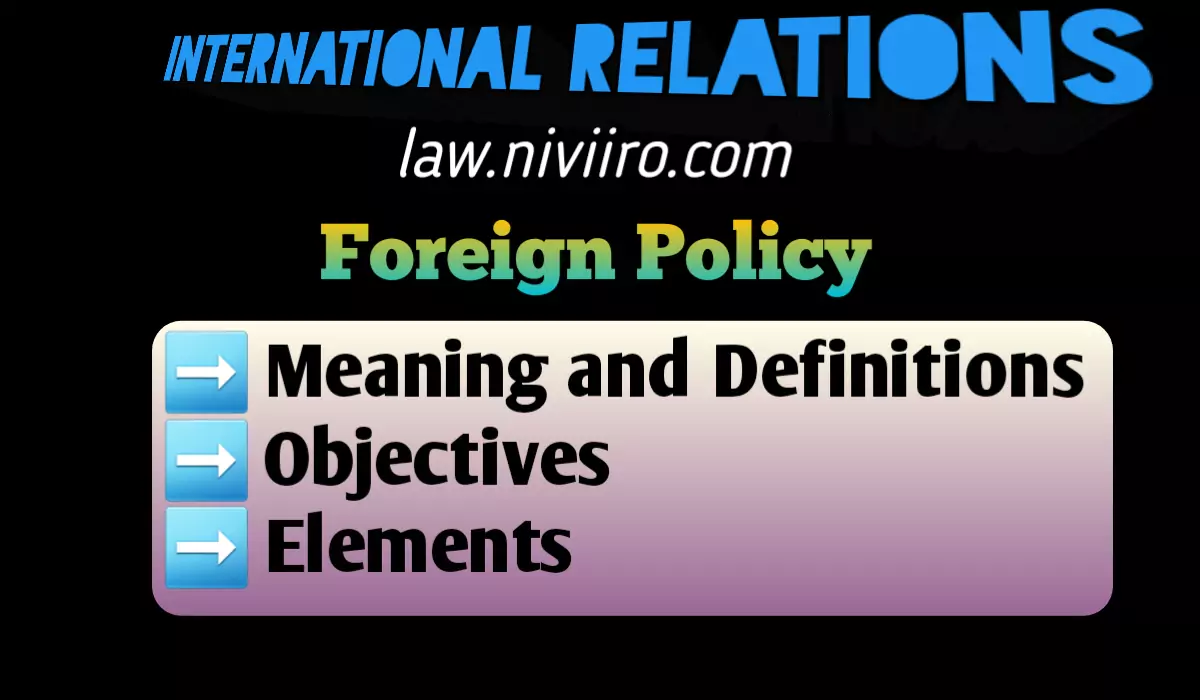
Foreign Policy – Definition’s | Objectives | Elements
Foreign Policy – No State can strive alone without having relations with other States. While dealing with other States, a State must be systematic on certain well defined principles. Though while determining these principles, the States are to work within limits of their strength and realities of the external environments, they must have a fixed…













